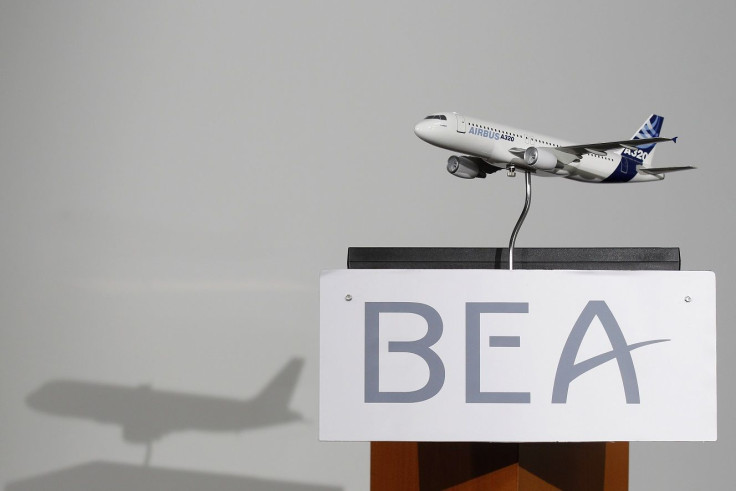Germanwings 9525 crash couldn’t have been prevented because of medical confidentiality: BEA

Germanwings could not have prevented the March 2015 crash caused by suicidal co-pilot Andreas Lubitz because it did not know about Lubitz’s mental health. The final report on the Germanwings 9525 fatal crash concluded that clearer rules should be made about a patient’s medical confidentiality right when public safety concern is paramount.
Bureau d’Enquêtes et d’Analyses (BEA), the French crash investigation agency, said that the low-cost carrier and its parent company Lufthansa couldn’t have known about Lubitz’s dangerous thoughts because they were not privy to his medical condition. The companies couldn’t have prevented the crash.
“No action could have been taken by the authorities and/or his employer to prevent him from flying on the day of the accident, because they were informed by neither the co-pilot himself nor by anybody else, such as a physician, a colleague or family member,” the report states.
Lubitz was diagnosed with psychosomatic disorder and anxiety disorder by a private physician in February 2015. He was referred to a psychotherapist and psychiatrist. On March 10, 14 days before the crash, the same physician recommended psychiatric hospital treatment after diagnosing him with possible psychosis. A psychiatrist also prescribed anti-depressant and sleeping aid medication in February and March. Neither of them informed an aviation authority about their diagnosis or about Lubitz’s mental state. According to the investigation, the physicians issued several sick leave certificates, but not all of them were forwarded to Germanwings.
The BEA investigation concluded that one of the factors that have contributed to the event was the lack of clear guidelines in German regulations on when a threat to public safety outweighs the requirements of medical confidentiality.
Lubitz’s medical records show that he had seen 41 doctors, majority of them eye specialists, in five years. The physicians refused to speak to the inquiry team, which the BEA believed that it’s because they were afraid they were breaching medical confidentiality.
Johann Reus of Germany’s air accident investigation agency told the Guardian that it would be difficult to change the law regarding patient confidentiality. German doctors would be fined or imprisoned for up to one year if they breached that privacy agreement.
On March 24, 2015, Germanwings Flight 9525 crashed 100 kilometres northwest of Nice in the French Alps. All people on board, 144 passengers and six crew members, were killed. The BEA report concludes that Lubitz, the co-pilot, deliberately caused the crash by locking the pilot out of the cockpit and initiating a descent that caused the Airbus A320-211 to crash into a mountain.
Earlier investigations claimed that Lubitz was suffering from severe depression upon learning he was about to go blind.






